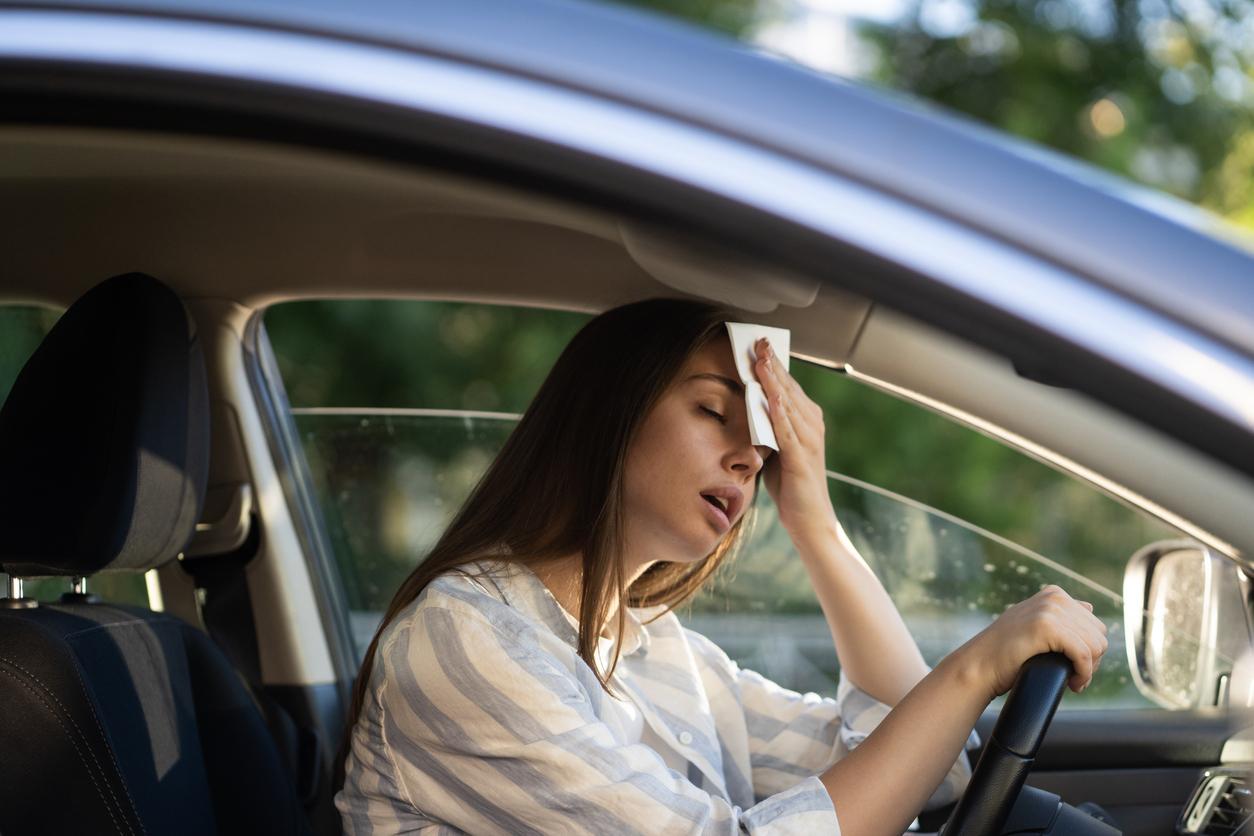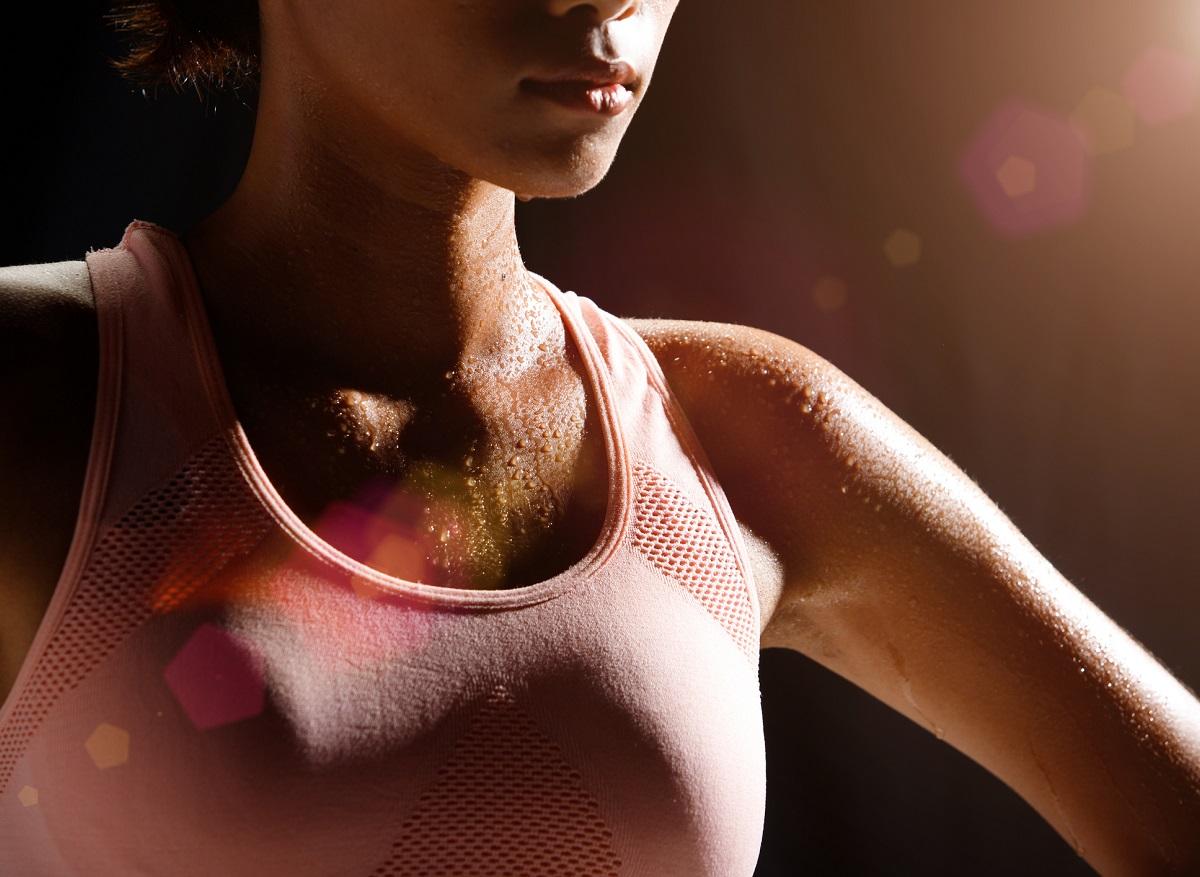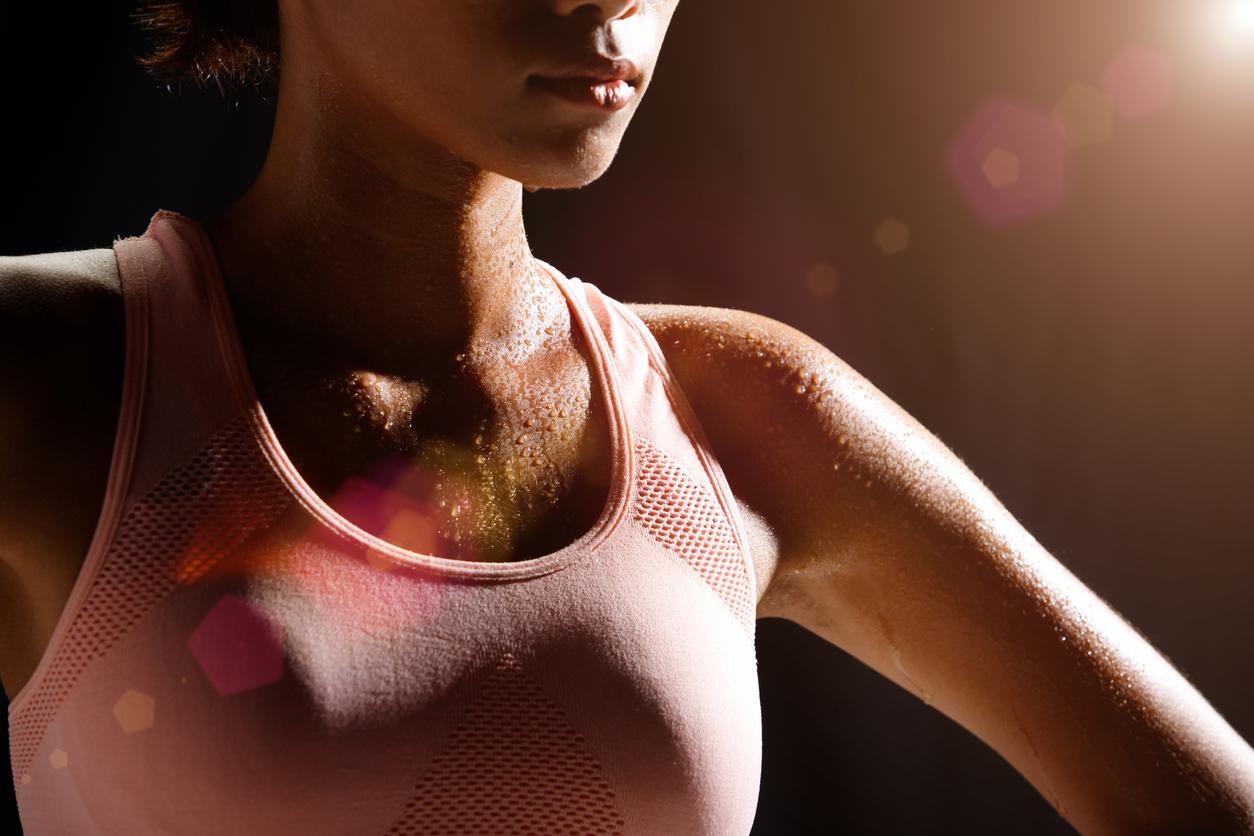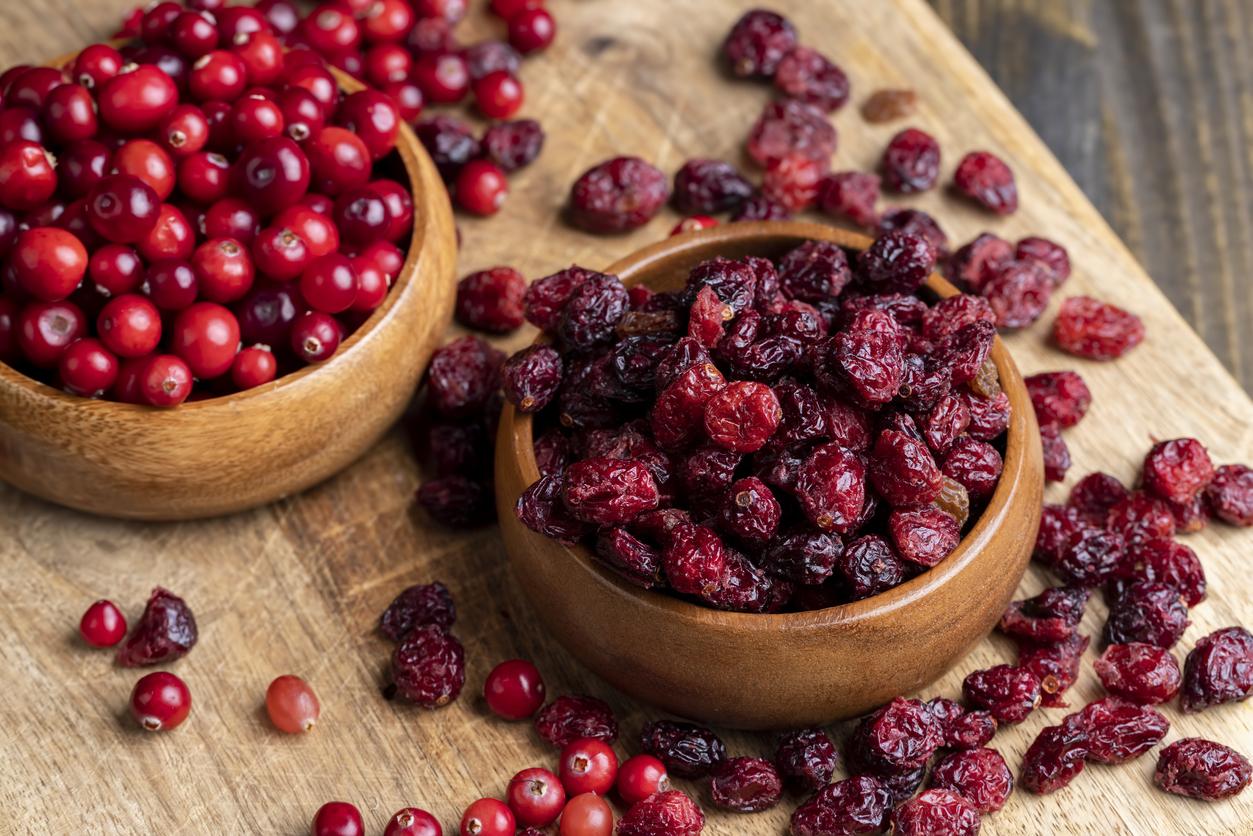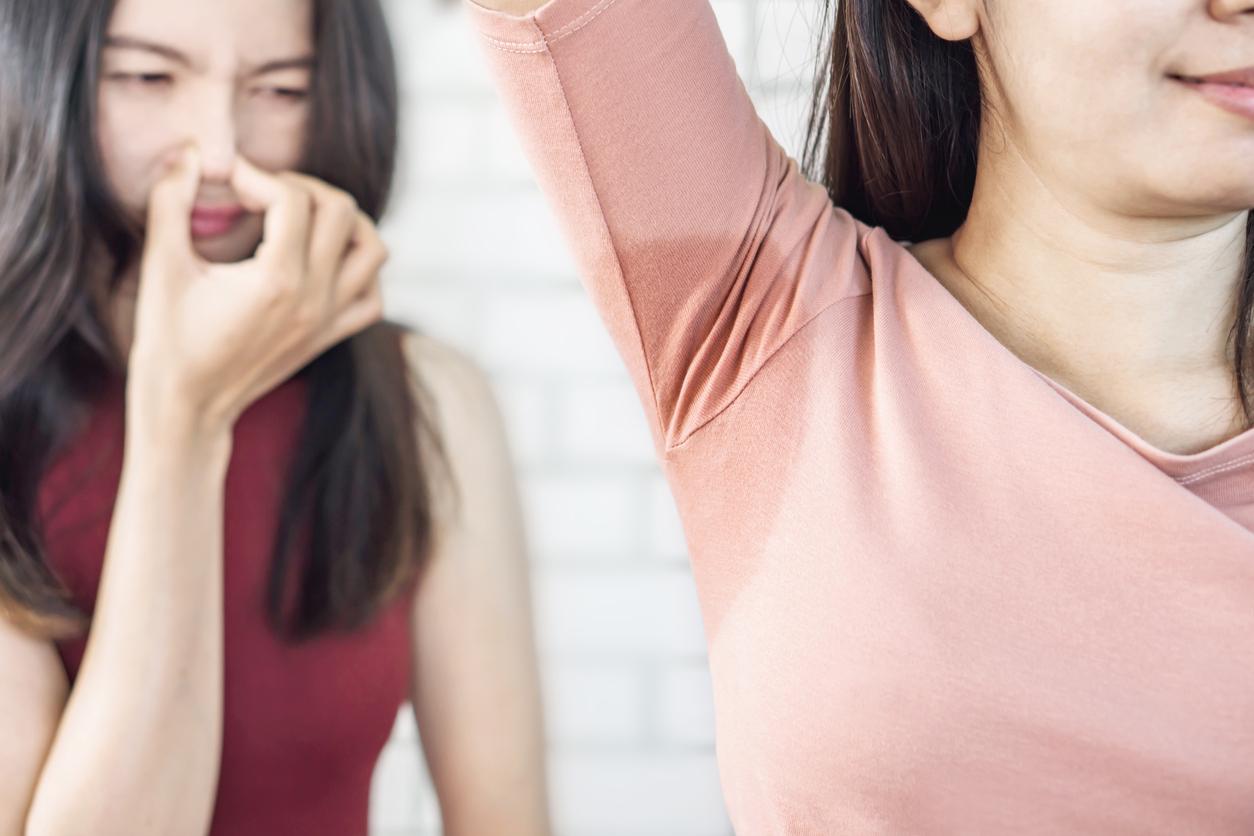Everyone sweats more or less depending on the circumstances: fever, stressful situation, heat, physical activity… But in some people, the glands that are responsible for the thermoregulation of the body and which produce sweat (called eccrine glands) work in overdrive. This is called hyperhidrosis, a term that refers to the excessive production of sweat. About 1 to 3% of the population would be affected by the problem.
The causes of excessive sweating are little known, but certain factors such as stress or intense emotional situations can make it worse. Certain foods can also stimulate the sympathetic system which triggers the production of sweat. In case of hyperhidrosis, it is therefore better to avoid :
Drinks that increase body temperature
Coffee, tea, energy drinks, as well as alcohol and dishes containing a lot of pepper or chili increase blood temperature. When this exceeds a certain threshold, the hypothalamus orders in an amplified way to trigger the secretion of sweat. A few minutes after drinking the drink or tasting the spicy dish, the sweat is already beading.
Very hot or iced drinks
By absorbing heat, the body produces sweat to try to cool down in order to keep the body at a constant temperature. But conversely, drinking ice cold also makes you sweat because the body thinks it needs to warm up. When it’s hot, always drink your drinks at room temperature.
Foods that overload the liver
Some foods make digestion difficult and put a strain on the liver. As the purpose of perspiration is also to eliminate toxins, secretions become more acidic but also more abundant when eating foods that the liver does not like. Avoid sugar and anything that ends in sugar (fructose, lactose, glucose, etc.), as well as processed foods rich in trans fatty acids. And we also ignore red meats and charcuterie.
Excessive sweating: how to fix it?
“Excessive sweating or sweat excess is a frequent reason for consultation” explains Dr. Nina Roos, dermatologist. “It is generally during adolescence that the first manifestations appear. This phenomenon can affect an area or be more diffuse in the event of effort or emotion.
In consultation, the dermatologist will carry out an interrogation and prescribe blood tests. The doctor will then propose a treatment adapted according to the patient’s profile: cream, iontophoresis sessions (a technique which consists of plunging hands and feet into a container of water through which a low-intensity current passes), injections of botulinum toxin.
The beta-blockers given for certain indications in cardiology have also proven their effectiveness. Please note that they must be prescribed by a healthcare professional.
What you can do to sweat less
- Sage is an astringent herb that regulates sweat gland activity. An infusion of sage 3 times a day after meals for at least 10 days is an effective remedy to fight against excessive sweating.
- If the idea of drinking herbal tea in the middle of summer does not appeal to you, take 2 drops clary sage essential oil on a small ball of bread crumbs or a neutral tablet, once a day, 5 days out of 7. Warning: this recipe is not recommended if you are pregnant or if you suffer from hormone-dependent cancer.
- Aromatherapy enthusiasts can also try thePalmarosa HE. Using your fingertips, apply a pure drop in the morning, on clean, dry, depilated armpits, just after showering. In addition to masking odors and limiting the sweat, it has antifungal properties. It is also used for many skin problems such as acne, eczema, scabs… Attention, eIt is prohibited during the first 3 months of pregnancy.
Sources :
- I take care of my skin naturallyJulein Kaibeck and Annie Casamayou (ed. Leduc Pratique)
- Healthy skinDr. Nina Roos (Solar ed.)
Read also :
- The 4 missions of a good deodorant
- What is a good deodorant for sensitive skin?
- Antiperspirant treatment: botox or surgery?












